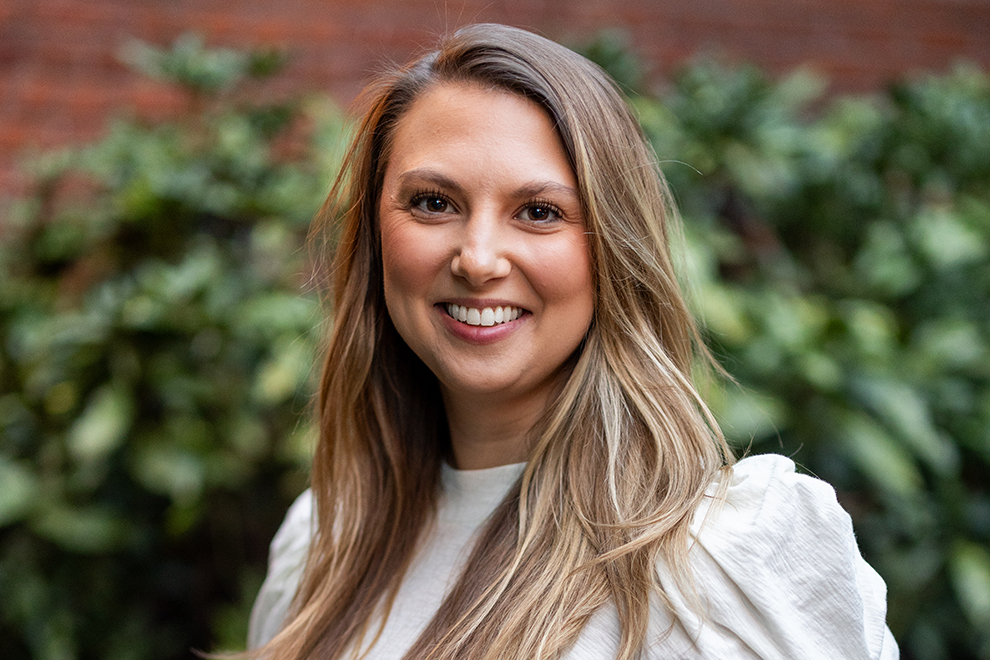It is pretty easy as a parent to know when to seek assistance with the physical health of our kids. You know how to help you child with deep cuts, broken bones, and fevers.
We usually err on the side of caution and take a child to the doctor or call someone for advice. When the issue is physical, we typically get a clear solution, like a cast, stitches, antibiotics, or medical advice, like get plenty of rest and drink plenty of fluids. That is often much easier than seeking help for what goes on within our children’s brains – the mental health and brain development we cannot see.
Feelings like sadness, anger, and anxiety are all normal for our kids. These feelings are part of growing up and learning about what it is to be human. We can’t learn how to manage these big feelings until we experience them. We have to take them for a test drive, hit a few bumps, and make some mistakes. That is how we learn coping skills and self-regulation. Different kids develop at different rates, but there are standard milestones that we expect kids to reach. But how are parents to know when we should call in the experts?
First, remember it is okay to ask for help. We would certainly ask for help with a child’s fever or a broken bone. Families need to know that it is okay to reach out, whether to our friends and family members or to professionals, to ask for help. A person can be a great auto mechanic, but if you don’t have the right tools, you aren’t going to be able to fix a car. Likewise, you can be a great parent, and despite your best efforts, you can have a hard time meeting the special needs of your child. Asking for help is the start to finding the resources you need for your child and family. Having an outside set of eyes to check our perception can be very valuable. Someone who has seen many kids and is a children’s mental health professional can help us understand what is within the norm and what might call for outside support.
Next, think about how much this impacts your child. Some feelings are just a phase and are a way that we learn. But other feelings are more intense and affect the child’s ability to engage in daily life, and signal that you should seek help. Is your child kept awake each night by nightmares? Is he unwilling to play with friends because of intense worry or anxiety? Is she struggling at school because she can’t focus during lessons? Are people expressing concerns about the safety of others because of the intensity of your child’s anger? Likewise, if your child is not developing on par with peers, ask for help. A young child (less than twelve months) who has difficulty engaging in smiles, echoing sound, and pointing may indicate the
early signs of an intellectual disability. A child far outside the norm of achieving developmental milestones like walking, talking, and toilet training may benefit from some skilled intervention.
It is important to remember that when it comes to issues of mental health and development, early intervention can be valuable to helping our children live full lives. Connecting with professionals who can evaluate and identify ways of helping children can make a difference. All of our children are unique, and they all need our help and support in different ways. So, when in doubt, please ask for help.






